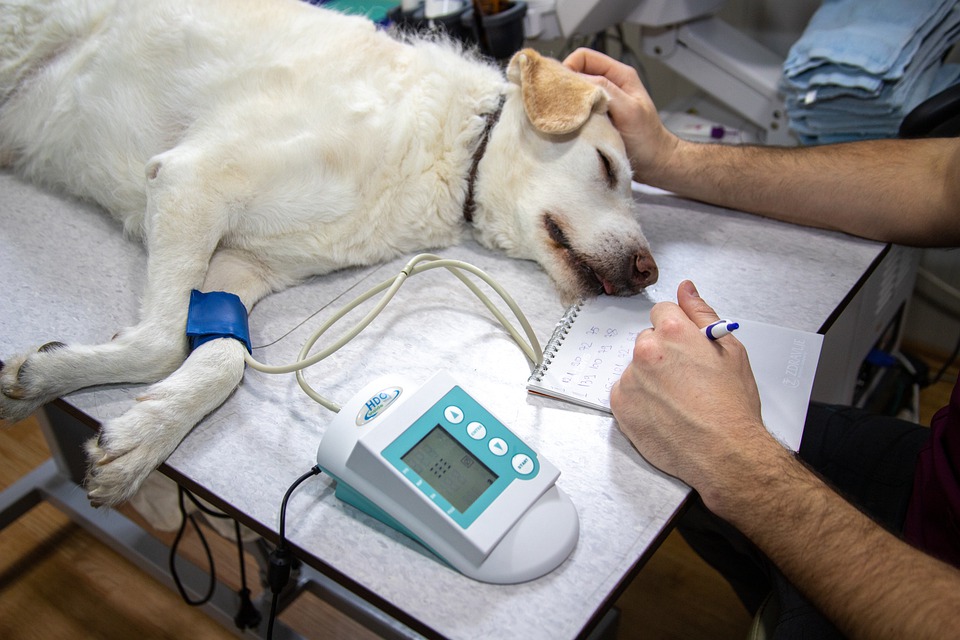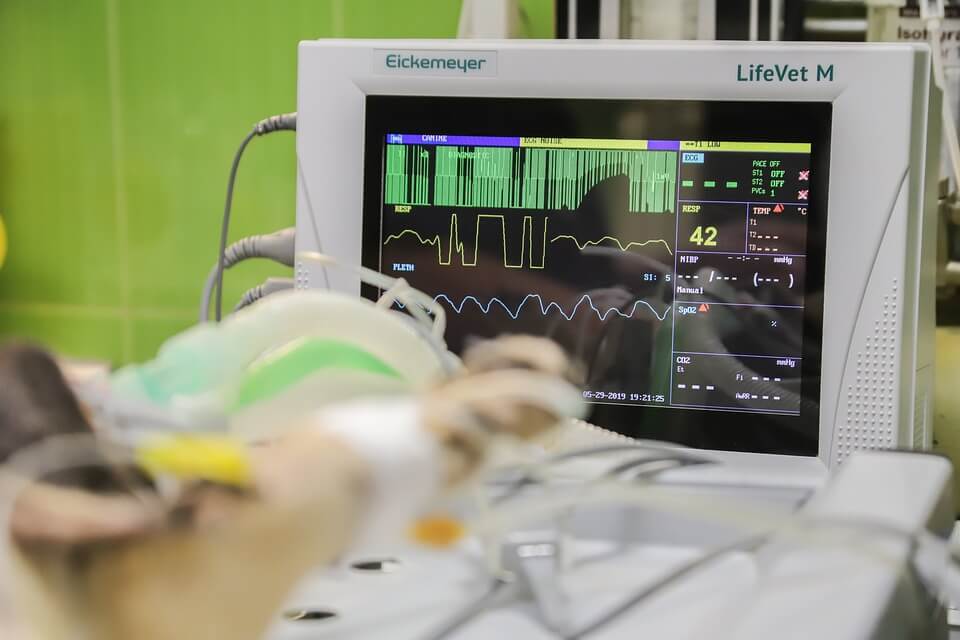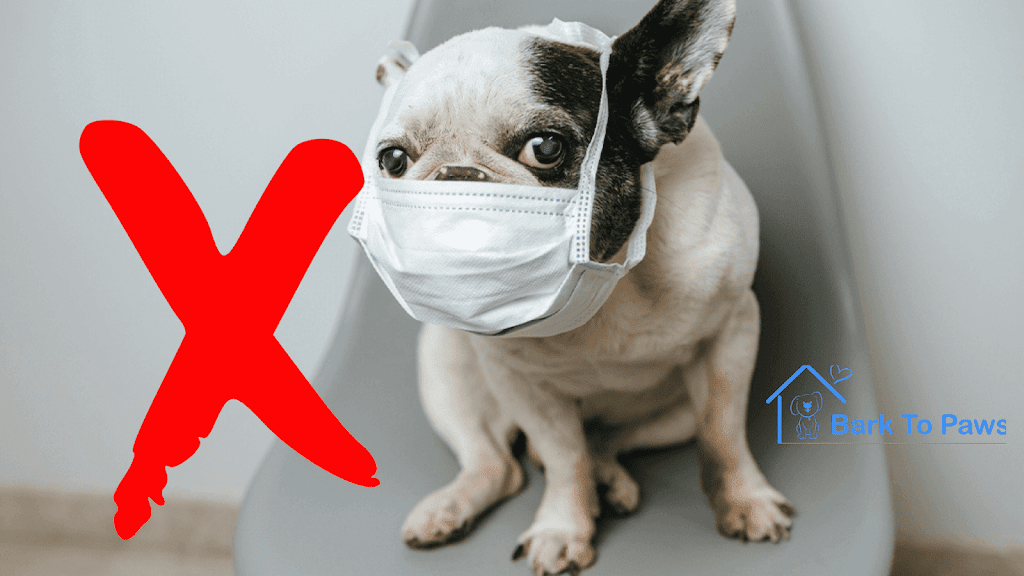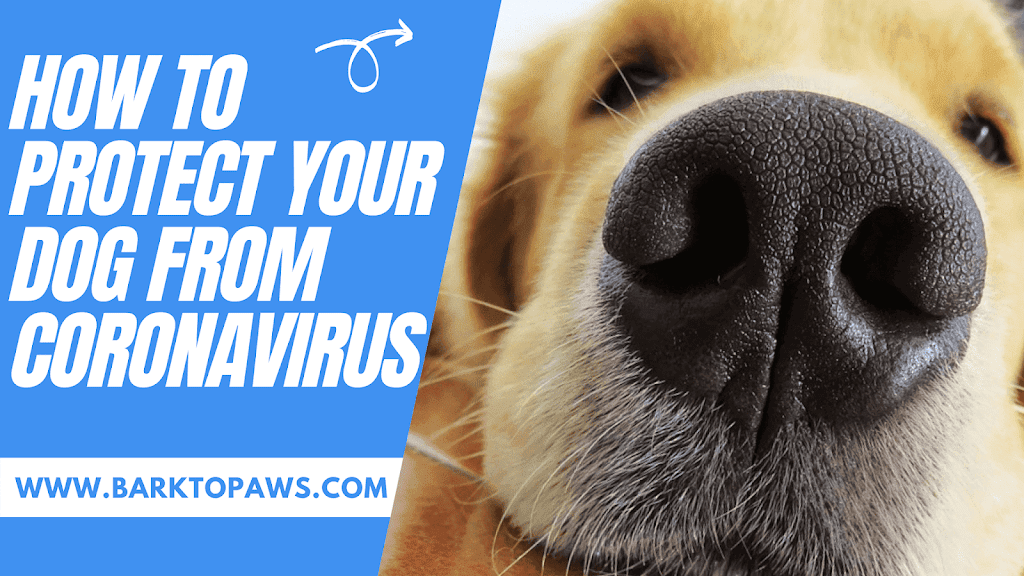Table of Contents
Severe Acute Respiratory Syndrome Coronavirus 2 (SARS-CoV-2), the virus behind the COVID-19 pandemic, which has created a gaping hole in the world map, has been found to affect animals and household pets aside from human beings.
All You Need To Know About SARS-CoV-2 In Dogs And Pets.
SARS-CoV-2 is a severe cause for concern considering the growing number of pets afflicted every week, including cats, dogs, ferrets, parrots, and various other pets. Though there is evidence to show that SARS-CoV-2 can be transmitted from humans to pets, it has yet to be entirely proven if animals can transfer the disease to humans.
If you own a dog, you’re probably concerned that your pet might contract the coronavirus in contact with persons with the virus. But while the prospect of having an infected dog may appear devastating, there are measures you can take to protect your dog from the virus.
In subsequent paragraphs, you might find helpful information and answers to some frequently asked questions about dog coronavirus infection, closely followed by tips to help you safeguard your dog.
Do Dogs Get Sick From COVID-19 Like People Do?
 Yes, dogs get sick from COVID-19 like human beings, usually when a dog is exposed to or comes in contact with an infected person. It is relatively less likely for a dog to transmit the virus to people or other animals than the other way around. In most cases of dog coronavirus, the dog doesn’t exhibit overt symptoms of the disease. However, a recent study has shown that canines that live with suspected SARS-CoV-2, or its diagnosis, often develop antibodies against the virus, which is a good indicator that the animals had contracted the virus after exposure.
Yes, dogs get sick from COVID-19 like human beings, usually when a dog is exposed to or comes in contact with an infected person. It is relatively less likely for a dog to transmit the virus to people or other animals than the other way around. In most cases of dog coronavirus, the dog doesn’t exhibit overt symptoms of the disease. However, a recent study has shown that canines that live with suspected SARS-CoV-2, or its diagnosis, often develop antibodies against the virus, which is a good indicator that the animals had contracted the virus after exposure.
Can People Transmit Coronavirus To Dogs?
This has been linked with various cases of dog COVID-19. Human-to-dog transmission is the most typical pathway for infecting domestic dogs. Other less common infection methods are via droppings and fluid from other animals, such as cats and, even, fellow dogs. Physical contact is hardly a factor that promotes dog COVID-19 amongst dogs, though it is an essential denominator in transmitting the virus from humans to dogs.
Can Dogs Get COVID-19 From Humans?
The occasion of such happening is rare but much possible. Several recorded cases of dogs and pets got SARS-CoV-2 from an infected person. For instance, in Hong Kong, two pets were diagnosed with COVID-19 in a household where humans had contracted the virus. Hence, it is commonly advised that people and dog owners isolate themselves from other people and avoid touching pets or their items when they’re diagnosed with COVID-19. Dogs allowed to roam freely in public or hoods run a higher risk of contracting the disease from infected people and surfaces since they get a more comprehensive exposure range.
Can Dogs Get The New Coronavirus (SARS-CoV-2)?
The new coronavirus strain isn’t restricted to only humans. Reports of several pet infection cases with the virus abound on the USDA (U.S. Department of Agriculture) website. SARS-CoV-2, the virus which causes COVID-19, spreads from people to animals and from animal to animal (especially among cats). The new coronavirus may not present apparent symptoms in dogs while keeping existing within the dog and wreaking havoc. This makes it easier for the virus to advance relatively unnoticed in dogs to fatal levels. Research on the prevalence and spread of the new strain of coronavirus is still ongoing. However, experts agree that strict rules concerning handling animals and their exposure to the outside world can go a long way in keeping the virus at bay.
Can I Get COVID-19 From My Dog?
Unlike many other diseases common to humans and animals, COVID-19 is relatively unlikely to be spread from animals to humans. This is probably because the animals’ skin, fur, or hair don’t easily carry the virus. In rare cases where the dog fur has been contaminated with the virus, studies have revealed that the virus quickly dies off due to reduced survival chances on the skin or hair’s surface. The CDC believes that dog-to-human transmission of COVID-19 is relatively low, considering the tiny amount of information available currently. However, for increased protection, dog owners should observe good hygiene habits and COVID-19 prevention protocols while handling animals (particularly infected ones).
Is There A SARS-CoV-2 Vaccine For Dogs?
 At the moment, there is no vaccine for SARS-CoV-2 in dogs. The rapidly growing number of SARS-CoV-2 variants has made it almost impossible to develop a vaccine for each type of virus there is out there. Sometimes a dog might have been vaccinated from birth against one strain of the coronavirus but not the other. As the dog grows, he isn’t protected against the different kinds of the virus family. A veterinarian may be acquainted with other forms of the coronavirus, but the new one as yet still appears to elude many experts. It may take a little while before a vaccine is developed for canine SARS-CoV-2.
At the moment, there is no vaccine for SARS-CoV-2 in dogs. The rapidly growing number of SARS-CoV-2 variants has made it almost impossible to develop a vaccine for each type of virus there is out there. Sometimes a dog might have been vaccinated from birth against one strain of the coronavirus but not the other. As the dog grows, he isn’t protected against the different kinds of the virus family. A veterinarian may be acquainted with other forms of the coronavirus, but the new one as yet still appears to elude many experts. It may take a little while before a vaccine is developed for canine SARS-CoV-2.
Can Veterinarians Test For SARS-CoV-2 in Dogs/Pets?
The answer to this question is dependent on geographical location. In many parts of the world, however, veterinarians are permitted to carry out coronavirus tests in dogs and other pets. The case is slightly different in places such as the United States. The veterinarian is expected to submit a test request to the Diagnostic Laboratory, which would send the request to higher officers before it is granted and carried out. This recent development was adopted to reduce the minimal risk in such diagnostic tests. At any rate, a veterinarian can handle the testing for SARS-CoV-2 in pets.
If I Am Diagnosed With COVID-19, How Do I Protect My Dog?
Avoid contact with your dog for as long as you are sick. Since little is known about the new coronavirus, you should cut down exposure to animals, including your dog, to prevent the exchange of contaminated materials. You can hire someone or ask a close relative to help you look after your pet while you’re in isolation. It would be best if you discontinued hugging, grooming, kissing, or touching your dog within the illness period. If you must make physical contact with your dog, you should wash your hands thoroughly before and after contact and ensure you wear a face mask.
Should My Dog Wear A Face Mask In Public?
 If you’re concerned about getting your dog out of harm’s way while in public, wearing a face mask on your dog should not be a go-to option. Such acts can trouble your dog and might cause respiratory discomfort. Besides, a face mask doesn’t necessarily protect your dog from coronavirus. Refer to the section on ‘Protecting Your Dog From SARS-CoV-2″ below for more information.
If you’re concerned about getting your dog out of harm’s way while in public, wearing a face mask on your dog should not be a go-to option. Such acts can trouble your dog and might cause respiratory discomfort. Besides, a face mask doesn’t necessarily protect your dog from coronavirus. Refer to the section on ‘Protecting Your Dog From SARS-CoV-2″ below for more information.
How Do I Protect My Dog And Myself From The New Coronavirus?
There are guidelines to follow in protecting oneself and one’s pet against the new coronavirus. The CDC regularly updates these guidelines as more research is done on the virus that causes COVID-19. You’d like to visit the website and get familiar with the procedures.
Protecting Your Dog From SARS-CoV-2
In summary, if you want to protect your dog or any other animal from SAR-CoV-2 (particularly dog COVID-19), keep them away from people and infected animals. A few measures you may want to apply include:
● Endeavour to keep your dog indoors as much as is possible.
● If you must take your dog outdoors, keep them at least 2 meters away from people and other animals.
● Tether your dog to a leash while in public; this way, you can restrict its movement.
● Observe a high level of environmental hygiene.
● Don’t use disinfectants on your dog in a bid to sanitize it. Some of these chemicals are harmful to dogs; besides, the virus is hardly active on animals’ fur.
● Avoid taking your dog to crowded places, such as dog fairs, etc.
Conclusion
Recent reports have revealed that SARS-CoV-2 can be spread from humans to animals, especially cats, dogs, and mink. The possibility might be low, but the risk isn’t worth taking because, like COVID-19 in people, canine coronavirus can debilitate dogs. Thus, it is far too preferable to protect your dog from the possibility of contracting the virus.
You can achieve several ways, including taking similar precautions as you would for yourself, only you needn’t mask your dog’s face. Animals can get infected by making contact with other infected animals (mostly cats), and a dog may not show symptoms of the disease for some time.
SARS-CoV-2 has got many dog owners concerned about the virus affecting their dogs. Some of the subject’s persistent questions have probably been addressed squarely above, though the real help comes from the proactive steps you take to protect your dog’s health.


